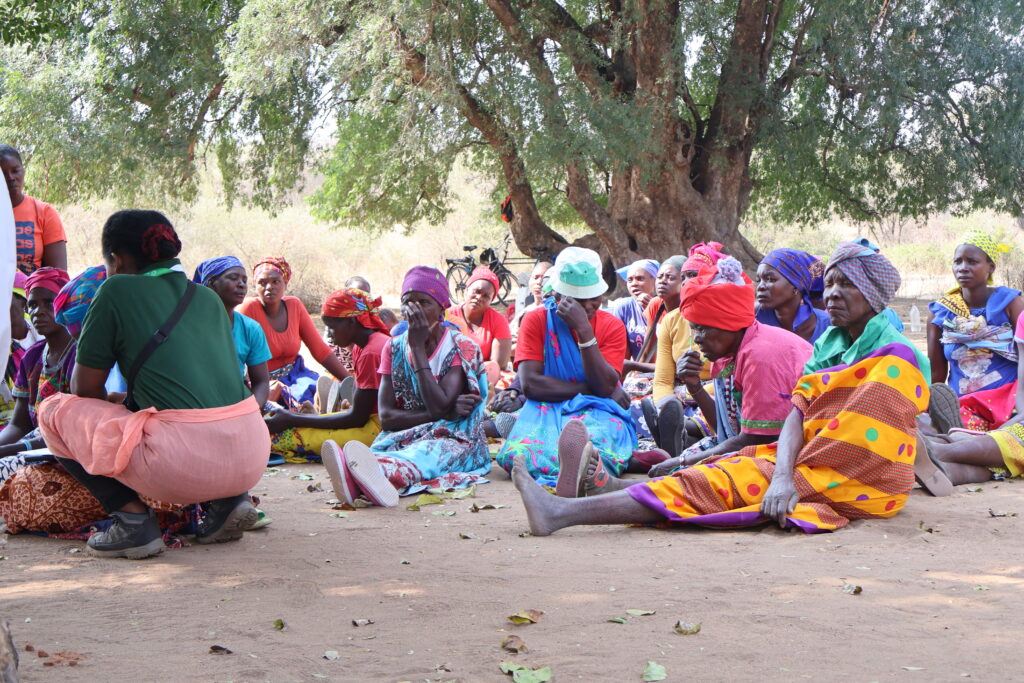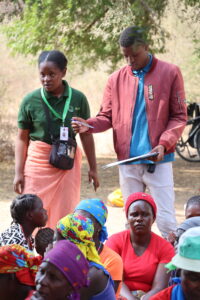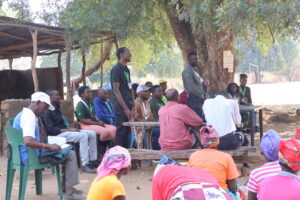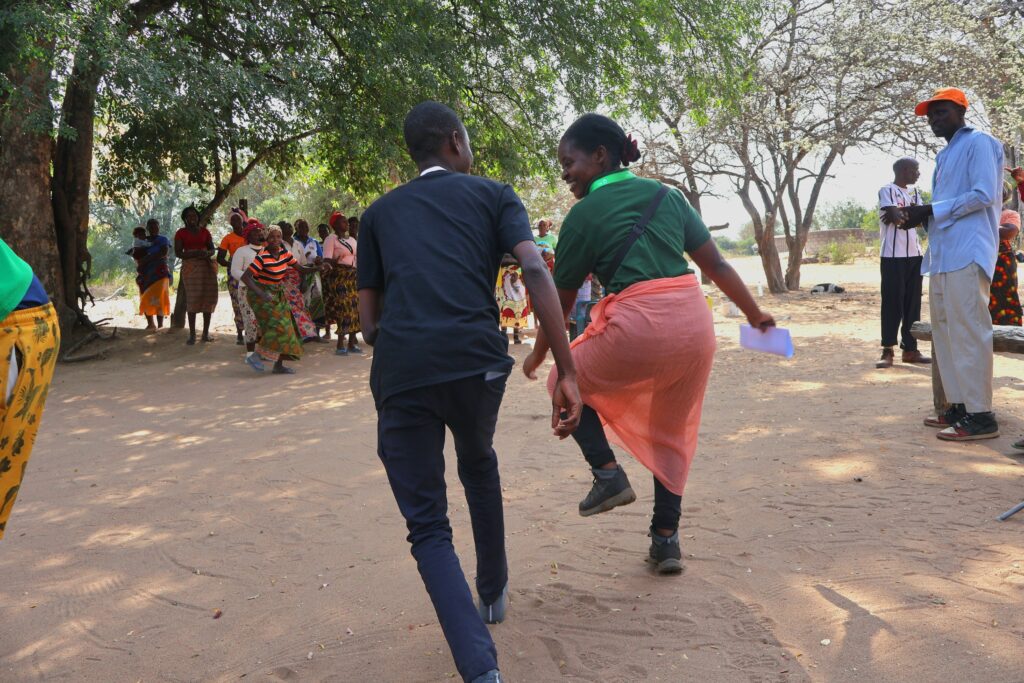The Greater Limpopo REDD+ Project, led by BioCarbon Partners in Mozambique, is more than just a conservation initiative—it’s a collaborative journey that puts local communities at the heart of climate action. Designed to reduce forest degradation and promote sustainable land use, the project also serves as a model for how environmental protection can go hand-in-hand with socioeconomic development.

Through meaningful community involvement and a foundation in environmental sociology, the project has grown into a vibrant partnership between people and nature. From initial stakeholder hearings to continued engagement, the Greater Limpopo REDD+ Project reflects the importance of trust, transparency, and shared responsibility in conservation.
A Multi-Province Approach to Forest Conservation
Spanning several districts—Chicualacuala, Mapai, Mabalane, Massingir, Chigubo, and Massangena in Gaza Province; Govuro and Mabote in Inhambane; Machanga, Chibabava, and Búzi in Sofala; and Machaze in Manica—the project spans across key ecological zones in Mozambique.
Our implementation process began with community consultations and stakeholder hearings, bringing together local residents, government representatives, and civil society organizations. These gatherings served to introduce the concept of REDD+, to both educate and sensitize communities on how the project works at the district level, outlining its goals, environmental and social impacts, and the long-term benefits of forest conservation and sustainable agriculture.
Grounded in the principles of environmental sociology, the project team emphasized the human-nature relationship that defines rural life in Mozambique.
 The conversations addressed:
The conversations addressed:
These dialogues revealed that while communities are deeply connected to their environments, they also face ongoing economic pressures and historical experiences of unmet expectations from past development initiatives.
Building Trust Through Transparency and Consent
In line with the UN’s REDD model, and as with all of our projects, the project team adopted the Free, Prior, and Informed Consent (FPIC) approach. FPIC grants community members the information, and more importantly, the autonomy, to decide whether to participate in the project on their terms.
Community members began to visualize how partnering with BCP’s REDD+ project could address gaps in food security, water access, biodiversity protection, and sustainable livelihoods.
Creating Sustainable Alternatives to Forest Exploitation
One of the project’s primary goals is to offer realistic and community-driven alternatives to deforestation. Indigenous communities have a deep understanding of natural cycles and a symbolic relationship with the ecosystems around them. However, there are also external pressures, such as the need for immediate income generation, which conflict with sustainable practices. Our approach is focused on finding solutions that help balance the economic needs of communities with environmental preservation. Livelihood alternatives, such as developing more efficient agricultural practices, promoting sustainable energy alternatives, and diversifying income sources, are being planned with our community partners as a way to mitigate pressure on forest resources.
Local government and public policies play a fundamental role in how communities interact with the environment. The continued support from local government that we have received in the region and the integration of the Greater Limpopo REDD+ project into regional development policies will prove critical to the sustainability of the project goals for community, climate, and conservation.
By integrating communities into decision-making processes and offering practical and sustainable solutions, the Greater Limpopo REDD+ project is contributing to a development model that respects both human needs and environmental preservation. 
Looking Ahead: A Shared Vision for a Sustainable Future
As the project continues to evolve, community trust remains a cornerstone of its success. We have eagerly received positive feedback so far, promising a strong future ahead, not just for conservation outcomes, but for social empowerment and resilience building.
Our journey in Mozambique is only beginning, however, we know one thing to be true above all else, from our wealth of experience in Zambia: when conservation is community-led and rooted in mutual respect, there is an abundance of benefits for both people and planet.
With a steadfast commitment to transparency, inclusion, and sustainability, the Greater Limpopo REDD+ Project is paving the way for a greener, more equitable future in Mozambique and beyond.
The Greater Limpopo REDD+ Project (GLRP) is a partnership between the Government of Mozambique, BioCarbon Partners (BCP), Peace Parks Foundation (PPF), and Eni. It is a large scale grouped project aimed at linking National Parks, Coutadas, private game reserves/farms and cattle ranches with communal forest areas to facilitate biodiversity adaptation to climate change through the establishment of corridors (project areas) that are conserved and restored by stakeholders, tenure holders and communities with land use rights over their areas. A total project area of approximately 2.9 million ha has been implemented under the first instance.
A total project area of approximately 2.9 million ha has been implemented under the first instance.
The project works in close collaboration with central government and private sector stakeholders and is expected to benefit over 300,000 local community members through job creation, income generation, and direct revenues from carbon in addition to increased food security and livelihoods.
